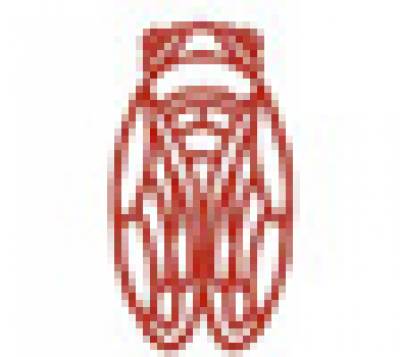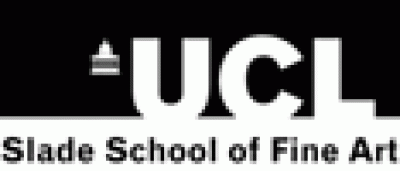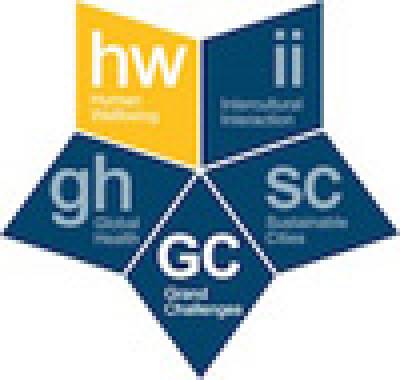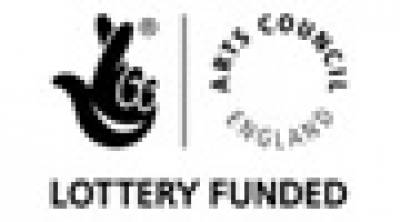Keynote Speakers
Invited Speaker via video-link
From Pain: speaking the threshold
- Tom Chadwick
- Helen Omand
- Sharon Morris
- Deborah Padfield
- Elena Semino
- Amanda C de C Williams
- Joanna M. Zakrzewska
Artists
Workshops and special interest sessions
- Liz Aldous
- Suzannah Biernoff
- Giskin Day
- Ann Eastman
- Alison Glenn
- Brian Hurwitz
- Onya McCausland
- Jennifer Patterson
- Mary Wickenden
Biographies
Prof Joanna Bourke
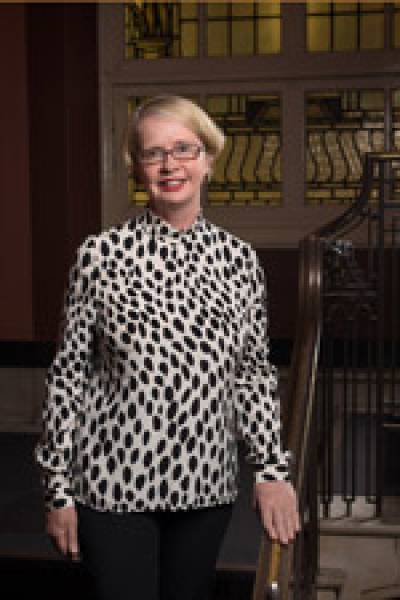
Joanna Bourke is Professor of History at Birkbeck, University of London. She is the prize-winning author of eleven books, including histories on pain, modern warfare, the emotions, rape, and what it means to be human. In 2014-15, she published Wounding the World (Virago) a history of militarisation in Britain and America, and The Story of Pain: From Prayer to Painkillers (Oxford University Press). Her books have been translated into Chinese, Russian, Spanish, Catalan, Italian, Portuguese, Czech, Turkish, and Greek. She is a frequent contributor to TV and radio shows, and a regular correspondent for newspapers.
Prof Rita Charon
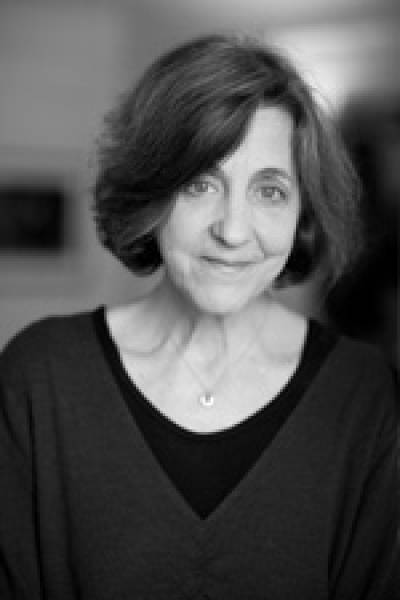
Rita Charon is a general internist and literary scholar at Columbia University who originated the field of narrative medicine. She is founder and Executive Director of the Program in Narrative Medicine at Columbia and Professor of Medicine at CUMC. She completed the MD at Harvard in 1978 and the Ph.D. in English at Columbia in 1999, concentrating on the works of Henry James. Her research investigates narrative medicine training, reflective practice, and health care team effectiveness and is supported by the NIH, the NEH, the Josiah Macy, Jr. Foundation, and several additional private foundations. She lectures and teaches internationally on narrative medicine and is widely published in leading medical and literary journals. She has been awarded a Guggenheim Fellowship and distinctions from clinical and literary societies. She is the author of Narrative Medicine: Honoring the Stories of Illness (Oxford University Press, 2006) and co-author of Principles and Practice of Narrative Medicine, in preparation for Oxford University Press.
Prof Christopher Eccleston
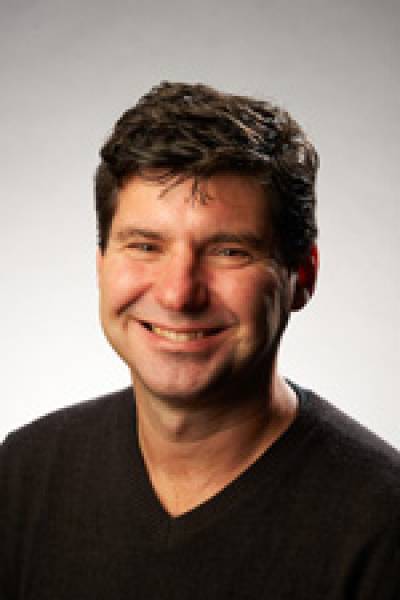
Christopher Eccleston is professor of medical psychology at the University of Bath where he directs the Centre for Pain Research. His primary interests is in the psychology of physical sensation.
Christopher will present a psychology of how we experience physical sensations, a psychology of the body. Being embodied and embedded in culture is fundamental to how we experience, what we experience, and whom we experience. I describe the psychology of the ten neglected physical senses, with a focus on proprioception (how we explore the world), and interoception (how we experience our bodies). A normal psychology of pain is then presented that casts chronic pain as a cultural challenge. If we want to understand the lived experience of pain, we need to understand how people attempt to courageously confront a fundamental threat to self.
Prof Maria Fitzgerald
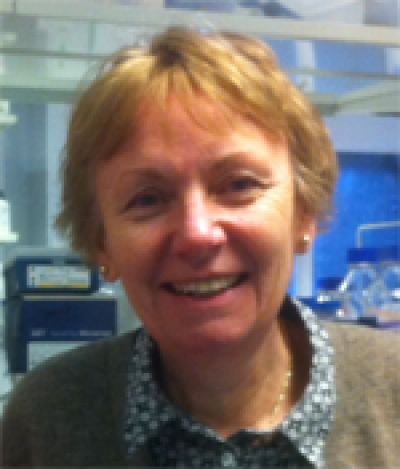
Maria Fitzgerald has been Professor of Developmental Neurobiology at UCL since 1995 and was elected as a Fellow of the Academy of Medical Sciences in 2000. She is an expert in the neural basis of pain in infants and children and the long term effects of pain in childhood. Her work has had a major impact on our understanding of how pain perception emerges in early life and how early life pain experience can shape pain sensitivity in adults. She is a member of the Council of the British Pain Society and recently the Council of the Academy of Medical Sciences, the Biological Sciences panel of the UK Research Assessment Exercise and the Medical Research Council Neurosciences and Mental Health Board. Maria gives lectures on pain and its origins to many audiences, from plenary lectures at international scientific meetings to small workshops of pain patients and practitioners. In 2010 Maria was awarded the Jeffrey Lawson Award for Advocacy in Children's Pain Relief by the American Pain Society, the first basic scientist to have achieved this prestigious award. This was followed in 2013 by a Fellowship by Election to the Royal Society of Anaesthetists Faculty of Pain Medicine, the highest accolade of this society for practitioners across the world who have made sustained and significant contributions to the practice of pain medicine.
Preeti Doshi
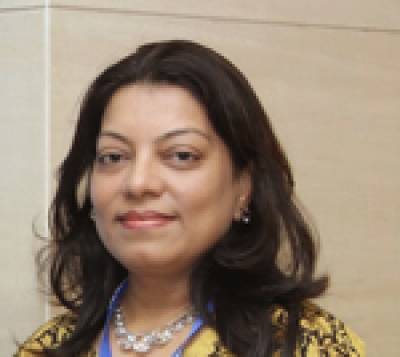
Dr Preeti Doshi is a consultant In-Charge of Pain clinic at the Jaslok hospital and Research Centre, Mumbai, India. She started this clinic in 2001 after extensive training at centres in London and Newcastle upon Tyne, UK; Perth, Australia and USA.
She is the first in Western India and first lady in India to obtain the WIP certification -Fellow In Interventional Pain Practice [FIPP] in March 2009.
She is regularly invited as faculty at ISSP, WIP-India and ISA conferences and courses all over India and also as a faculty for international conferences.
She has authored chapters on pain management in textbooks; national and international journals.
She organized an international symposium and live workshop on Advanced Pain Therapies in collaboration with Weill Cornell Medical college, New York called "Comprehensive Review of Interventional Pain Therapies" at Jaslok hospital, Mumbai in November 2007.
She is currently the Vice-President of ISSP [Indian chapter of IASP], the Immediate Past-President of ISSP -Mumbai branch and Chairperson for ISSPCON2014 and Vice-chairperson for GUOP VI at Mumbai.
Tom Chadwick
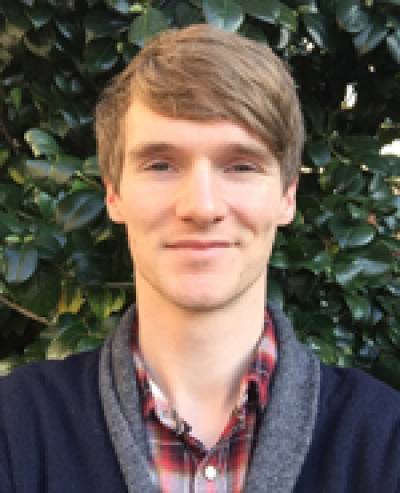
Tom Chadwick works as a research assistant on the Pain Speaking the Threshold Project at UCL, and at the National Centre for Social Research, London. A recent graduate in Social Research Methods (MSc) from the London School of Economics and Political Science, Tom's research focuses primarily on the sociology of health and illness, gender, the body, and the philosophy of science. Most recently Tom has studied patient narratives and doctor-patient communication in chronic pain consultations; the influence of the evidence-based-practice movement in international HIV/AIDS work; and the social and political attitudes of low income families living in Britain. Tom was recently awarded two academic excellence awards from the University of Sussex and from LSE respectively, for his on-going research in health and illness.
Helen Omand
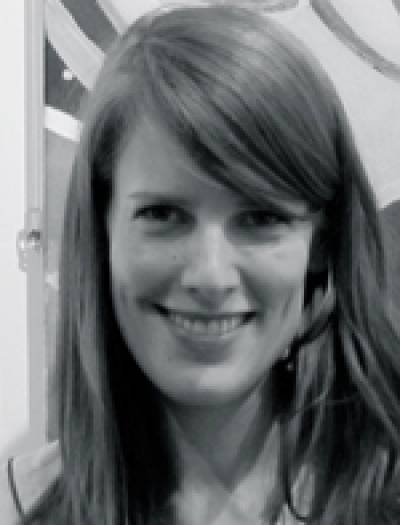
Helen Omand is an art psychotherapist who works in an open studio for adults with mental health difficulties, and previously with children with emotional and behavioural difficulties. She also works as an artist practitioner and filmmaker in arts in health and community arts, and has worked on projects for the Science Museum, Rowan Arts festival, the Crafts Council, Creative Partnerships, Headliners, and the National Maritime Museum amongst others. She has given workshops for the Goldsmiths MA and foundation art therapy courses and Studio Upstairs.
In 2014 the film Fragmented Lines that Helen co-created with Deborah Padfield and chronic pain sufferers was shown in the exhibition Painless at the Science Museum. Helen's interest in this area has continued with another film collaboration pending, and ongoing research as part of the Pain: Speaking the Threshold team, where she contributes an art therapist's perspective to the project.
Prof Sharon Morris
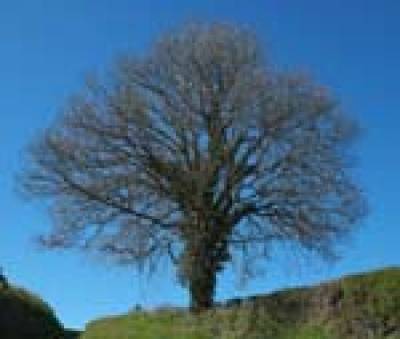
Sharon Morris, artist and poet, is head of the PhD programme at the Slade School of Fine Art, UCL. Her artworks include photography, video, film, installation and live performance-readings and her poetry collections False Spring, 2007, and Gospel Oak, 2013, are published by Enitharmon Press. She is currently developing a series of artist's books and performance-video taking the ash tree as a central image. These works are set in west Wales and will be exhibited at the Glynn Vivian Art Gallery in 2017. Her research on the relation between words and images using the philosophy of C.S. Peirce and psychoanalytic theory has been published in: 'Peirce and the Image: the Work of Art and the Sign', Università degli Studi di Urbino, 2007; 'Bild, Imagismus und das Kunstwerk', in Bilder BeSchreiben, ed. Nöth, W., Kassel University Press, 2009; 'Open the Page', Inside the View: Helen Sear. ed. Drake, D. Ffotogallery, Wales, 2012
Dr Deborah Padfield
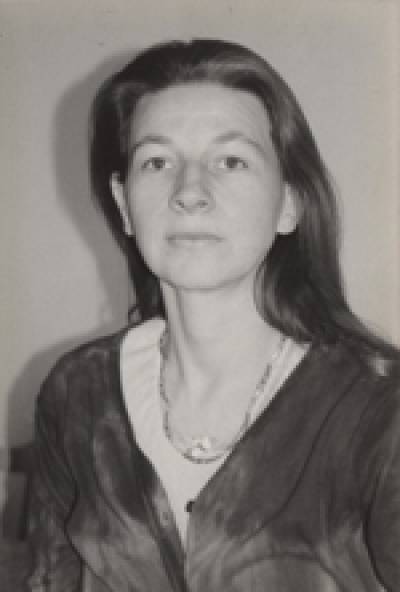
Deborah Padfield is a visual artist specialising in lens based media and inter-disciplinary practice and research within Fine Art and Medicine. She is currently Research Associate at the Slade School of Fine Art, UCL (where she also received her PhD). She has collaborated extensively with clinicians and patients exploring the value of visual images to clinician-patient interactions and the communication of pain. In 2001 her collaboration with Dr Charles Pither at St Thomas' Hospital, led to a touring exhibition, pilot study and book, Perceptions of Pain. Her recent collaboration with Professor Joanna Zakrzewska and facial pain clinicians and patients from UCLH led to several exhibitions, symposia and the current UCL CHIRP funded project Pain: speaking the threshold. She lectures and exhibits nationally and internationally. She is the recipient of a number of awards including, Sciart Research Award, UCL Arts in Health Award, the UCL Provosts Award for Public Engagement 2012, British Pain Society Artist of the Year 2012 and a UCL Public Engagement Beacon Bursary 2015.
Prof Elena Semino
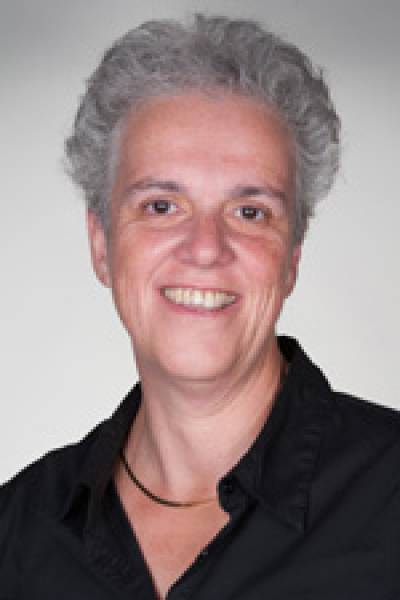
Professor Elena Semino is Head of the Department of Linguistics and English Language at Lancaster University. She holds a Visiting Professorship at the University of Fuzhou in China. Her interests are in: stylistics, medical humanities, health communication, corpus linguistics, narratology and metaphor theory and analysis. She has (co-)authored four monographs, including Metaphor in Discourse (Cambridge University Press, 2008) and Figurative Language, Genre and Register (Cambridge University Press, 2013, with Alice Deignan and Jeannette Littlemore). She is co-editor of the forthcoming Routledge Handbook of Metaphor and Language (with Zsófia Demjén). From 2012 to 2014, she was Principal Investigator on the project 'Metaphor in End-of-Life Care', funded by the UK's Economic and Social Research Council (ESRC).
Dr Amanda C de C Williams
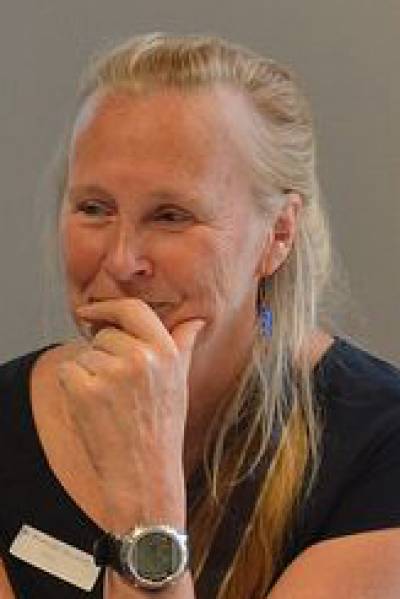
Amanda C de C Williams is an academic psychologist at UCL, with a clinical session at the Pain Management Centre, National Hospital for Neurology & Neurosurgery (UCLH). She also works for the International Centre for Health and Human Rights. At UCL she teaches undergraduate and postgraduate psychologists and medical students and supervises their research. She has worked in the pain field for over 25 years, with particular interests in evaluating psychologically-based treatments, including systematic reviews, meta-analyses, and national and international guidelines; in the application of evolutionary models to pain; in expression of pain and its interpretation by clinicians; in pain from torture; and in the use of responsive technology to extend healthcare. She has written over 160 papers and chapters on aspects of pain and psychology, and presents at national and international pain meetings.
Prof Joanna M. Zakrzewska
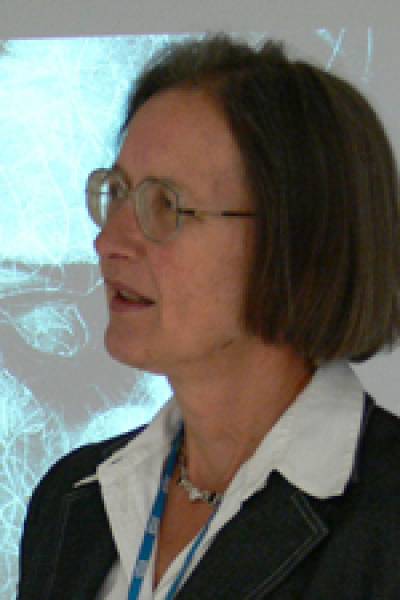
After obtaining dental ( Kings College London), medical ( University of Cambridge ) degrees and specialist training in oral medicine Joanna Zakrzewska went on to specialize in orofacial pain. She spent ten years as an academic at Queen Mary's School of Medicine and Dentistry were she was awarded a personal chair in facial pain. In 2007 Joanna Zakrzewska moved to a NHS post at Eastman Dental Hospital, University College London NHS Foundation Hospital. Until 2015 she led the largest UK multi-disciplinary facial pain service and is now concentrating on research into trigeminal neuralgia. She has written four books, contributed to 15 chapters and written 100 peer reviewed papers on the theme of orofacial pain. She lectures extensively both nationally and internationally. Joanna has worked with Deborah Padfield, a visual artist, over the last seven years to determine how the medium of photography could enable improved communication about pain.
Laura Dannequin
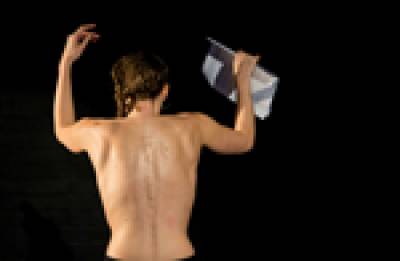
Laura Dannequin is a French-born performer / choreographer / maker / writer based in Bristol. She is interested in making and participating in work that is present, live, raw and explores bodily being in the world: the dancing body, the social body, the diseased and medicated body. As a result of living with chronic idiopathic pain, she created the solo performance 'Hardy Animal', which has toured in both arts and medical contexts and was recently selected as part of the Aerowaves Twenty for 2016. Other works include 'Dance Dark Dance', 'The Secret Slowness of Movement' and 'In The Making'. As a dancer and performer, she has also worked with a wide range of companies including Saburo Teshigawara & Karas, Daghdha Dance Company, Deborah Hay, Fabulous Beast and Action Hero. She is currently training as a Body-Mind Centering Practitioner and works in close collaboration with Dan Canham & Still House as associate director (stillhouse.co.uk). She also enjoys working as a choreographic and creative advisor with a growing number of artists.
Mariana Gomes Gonçalves
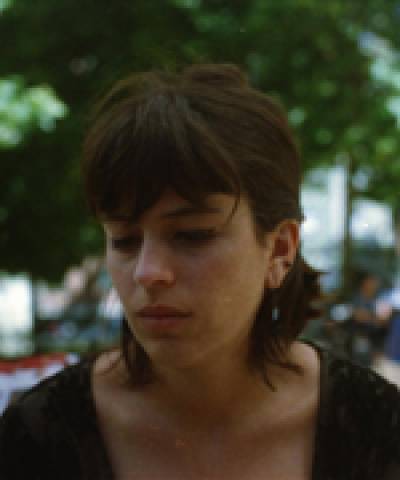
Mariana Gomes Gonçalves graduated from her undergraduate studies in 2011 on Photography and Visual Culture at IADE, Lisbon.
In 2015 she finished her MFA at the Slade School of Fine Art, UCL.
Ismene King
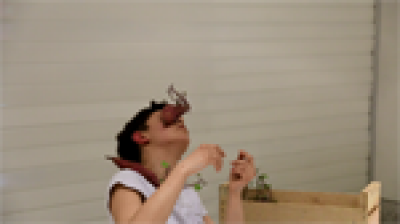
Ismene King is a visual artist from Greece, currently pursuing an MFA in Sculpture at the Slade School of Fine Art. Her practice revolves around the experience of inhabiting a body, real or imaginary, human or non-human.
The body is explored as a tool, a membrane, a receptor and point of contact with the world, an obstacle, a performative and ritualistic medium. Having her personal experience as a starting point, she currently works in a sculptural and performative manner. Ismene has showcased work in Greece, Cyprus, UK and India, while she performed in a variety of settings, most recently as part of PLATFORM 1 at the Bloomsbury Theatre and Indigo Vastness at the UCH Street Gallery.
ismeneking.wix.com/artistportfolio
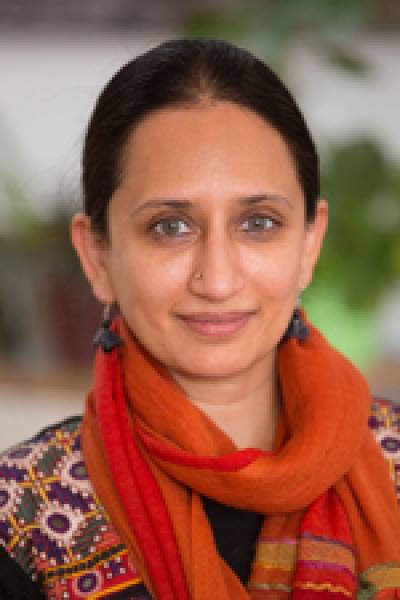
Anusha Subramanyam
Anusha Subramanyam, director of Beeja, is a dancer, choreographer, teacher and dance movement therapist. She is seen as one of the most exciting exponents of Bharatanatyam working 'inside' and 'outside' of its tradition. Her work is trans-cultural and inter-generational. She has worked extensively with people who are differently abled.
Anusha has choreographed a wide range of performances collaborating with artists from a variety of disciplines to create work that is accessible, entertaining and challenging. Anusha is an inspiring teacher who, for the last 23 years, has focused on integrating dance, education, somatic and contemplative practices into her work. She performs and teaches internationally. Her passion for dance and belief that everyone can dance is at the core of her practice.
Anusha is also a dance movement therapist, specialising in working with children with autism, mental and physical disabilities. She is the subject leader for Bharatanatyam at CADT (Centre for Advanced Dance Training). She is on the board of People Dancing (PD) and is a committee member for Live Music Now (LMN) and a core member of National Inclusive Dance Network (NIDN). 1994 she was awarded the Dr. PN Berry and Chevening Scholarships to study Dance Movement Therapy in UK, at University of Hertford and in 2011 was awarded Asian Women Achievement Award in Culture, 2011.
Liz Aldous
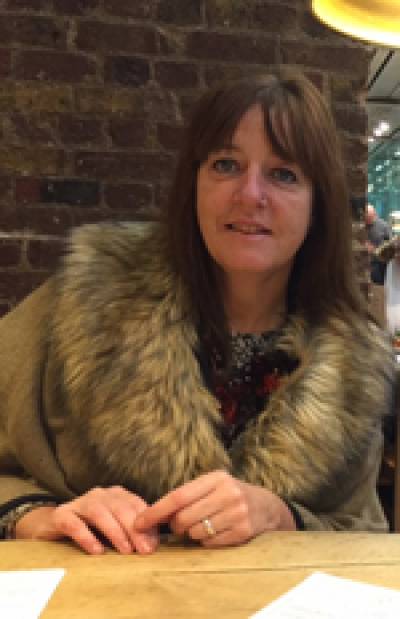
I am a community artist and occupational therapist who lives and works in Luton, Bedfordshire. I am a facial pain sufferer who was diagnosed six years ago and was fortunate enough to be able to work with Deborah Padfield on the Face2face project. I found the project both interesting from an artist's point of view but also as a sufferer.
I also suffer from M.E. which I have had for 26 years now and I have found that pursuing my own personal development in the Arts has helped me in managing both of my chronic conditions.
I work as an Arts Project Coordinator for the NHS where over the last two years I ran Arts for Well-being groups across Luton. I am part of a now self-organised group of Artists 'Open Arts' which was formed as a result of our Well-being project and has managed to carry on despite the ending of the NHS funding. I am employed to paint murals and help patients who are on the mental health unit to produce art work to display on the wards which is a new role. I enjoy textiles, mixed media and work using recycled materials. I have a degree in 3D design. I am very involved in lots of community projects that are run in Luton and I am driven to help reduce social isolation that many people experience. I do this because I know how it feels due to my own experiences. I recently volunteered to help run art projects for refugee children arriving on the Greek Island of Chios.
Dr Suzannah Biernoff
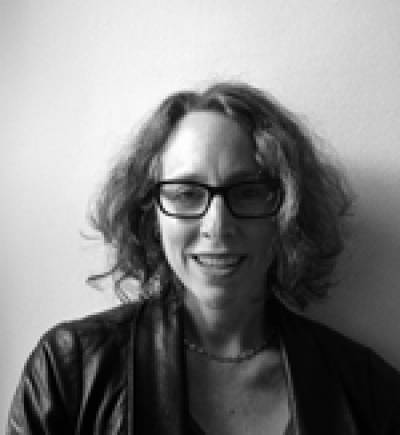
Suzannah Biernoff joined Birkbeck in 2007, having previously taught on the Visual Culture programme at Middlesex University and at Chelsea College of Art and Design. Since completing her PhD in Sydney, Australia, her publications have spanned medieval and modern history. Her first monograph, Sight and Embodiment in the Middle Ages, was published in Palgrave's New Middle Ages series in 2002. More recent publications, supported by a Wellcome Trust Research Leave Award from 2007-10, pursue the themes of embodiment and visual anxiety through the modern period. Portraits of Violence: War and the Aesthetics of Disfigurement will be published in 2016 by The University of Michigan Press in their series Corporealities: Discourses of Disability. The project is distinctive in its attention to the face - which has tended to be overlooked in histories of the body - and in its use of visual sources as historical documents, from clinical photographs and life drawings to portrait masks and photo albums; sources that complicate and at times contradict the written record of injury and repair.
Giskin Day
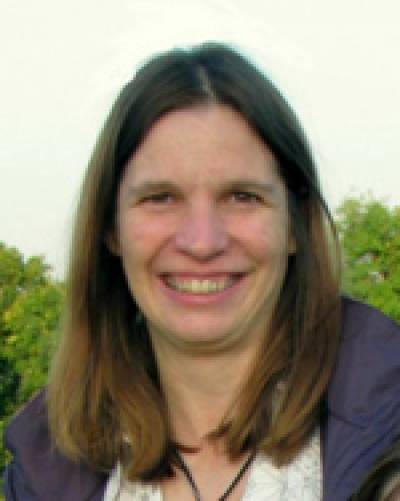
Giskin Day is a principal teaching fellow at Imperial College London where she runs a three-month course in Medical Humanities available to BSc students in medicine and in biomedical sciences. She also coordinates some 30 interdisciplinary courses in the humanities as part of the Imperial Horizons programme offered to all Imperial College students. She completed an MSc in Science Communication and an MA in Literature and Medicine from King's College. Her research interests include the rhetoric of gratitude in healthcare, and the use of the arts in medical education. She was awarded a President's medal for outstanding contribution to teaching excellence in 2015.
Ann Eastman
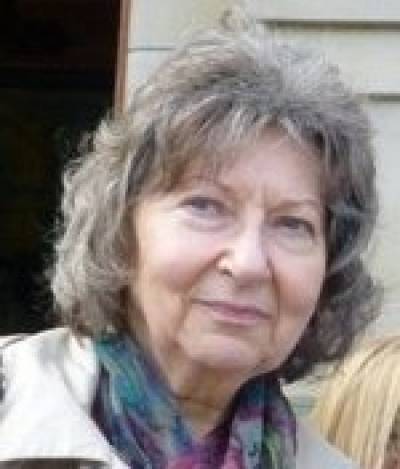
After studying painting and graphic design, Ann Eastman's 40-year career encompassed advertising, packaging, publishing, exhibition stands, and PR. During the latter half she joined a giant multinational where she travelled throughout the world to write and create corporate communication materials, audio visual programmes, magazines and films. The career defined her life.
On retirement Ann studied Art History at Birkbeck, engaged in voluntary design projects for charities, resumed painting, and worked for an art gallery organising exhibitions.
Life was suddenly redefined in 2010 when trigeminal neuralgia struck. During periods of remission Prof Joanna Zakrzewska encouraged her
to participate in creative projects with Deborah Padfield:
Mask Mirror Membrane, and Pain Less at the Science Museum.
Last year Ann's TN seriously escalated, becoming utterly intolerable. The medication she depended upon to control the pain had to be withdrawn; it caused hyponatraemia. So she opted for major neurosurgery.
Since the operation Ann's life has returned to normal.
Alison Glenn
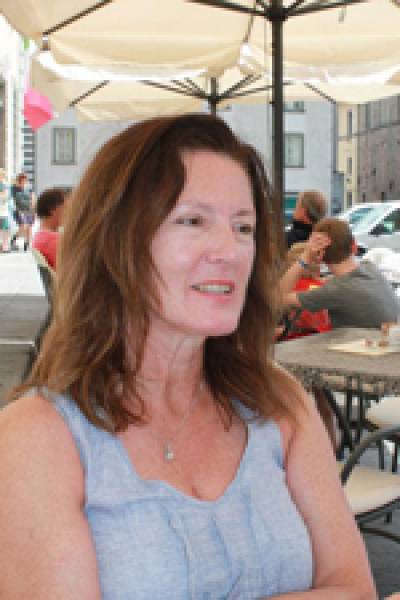
I am a former Trigeminal Neuralgia sufferer.
Brought up in Edinburgh I studied Interior Design and Perspective Art in the Capital and after working for several Architects, I relocated to Peterborough to work for a practice on a range of Commercial Interior Projects. This led me to co-founding a Design company called Glenn Taylor Interiors, from this I moved on to investing my time with being a Mum.
Life took a turn when in 2008 I began to suffer from excruciating facial pain. The impact of this was vast and getting a correct diagnosis was a struggle until I was referred to Professor Joanna Zakrzewska at the Eastman Dental hospital which was followed by successful MVD surgery carried out by Mr Neil Kitchen.
I became involved in the face to face project with Deborah Padfield and Professor Zakrzewska co creating Images of pain over the course of my diagnosis and treatment.
Prof Brian Hurwitz
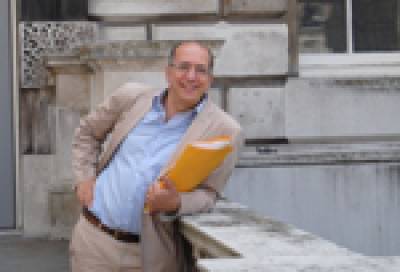
Brian Hurwitz trained as a general practitioner in central London. Since 2002, he has been Professor of Medicine and the Arts at King's College London where he directs the Centre for the Humanities and Health, a multidisciplinary unit offering research training at masters, PhD and postdoctoral levels. Based in the Department of English at King's Brian's research interests include narrative studies in relation to medical practice, ethics, law and the logic and literary form of clinical case reports. He has authored and co-edited several books and published in medical journals and journals spanning the humanities and health. He holds honorary chairs at the Institute of Neurology, UCL, at Queen Square and in the universities of Sydney and Hong Kong. Prior to his current position he was Professor and Head of Department of Primary Care and General Practice at Imperial College London.
Onya McCausland
Onya McCausland is currently undertaking a full time practice led PhD at the Slade School of Fine Art. Through the medium of painting and drawing she considers how earth pigment can be used to develop new perceptions and connections between material and Place.
Recent projects/exhibitions have been supported by the Fold Gallery Enantiodromia 2014 Camden Arts Centre Turning Landscape into Colour 2014, Kettle's Yard Cambridge White Earth 2010. She has been shortlisted for the prestigious Wollaston Award at the Royal Academy 2012 and the John Moores Painting Prize 2012. A new work Charcoal Measure has been installed in the Forest of Dean Sculpture Trail 2016. She recently devised and organised Deep Material Encounters, a symposium in a cave in the Forest of Dean.
Dr Jennifer Patterson
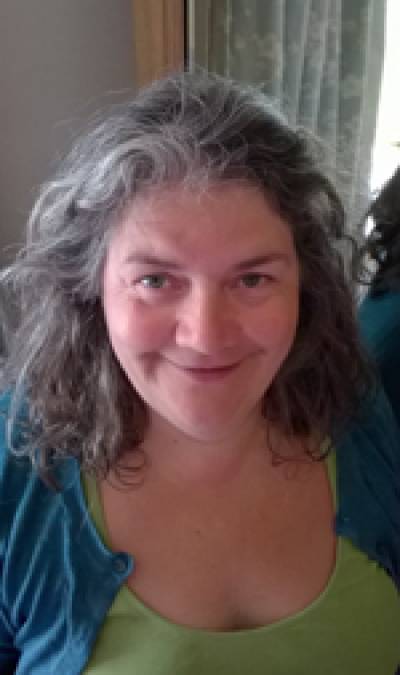
Jennifer is a practicing complementary therapist and medical herbalist and a feminist critical theorist with a humanities PhD background in French and Art History, working in social sciences. As Senior Lecturer in Education in the Faculty of Education and Health at the University of Greenwich. Jennifer has undertaken significant funded research and enterprise projects with external partners and likes to blend multidisciplinary practical outputs with theoretical work. She teaches across undergraduate programmes on Education Studies, Childhood Studies, and Early Years, developing new courses in sustainability education and outdoor learning. She enjoys supervising students at all levels and teaches postgraduate cross-faculty research methods, such as discourse analysis and narrative research. Jennifer is Principal Investigator for The Listening to Patients Project (https://www.facebook.com/listeningtopatients) and in addition to her own practice has undertaken training in Narrative Medicine at Columbia Medical School, New York. She is convenor of the 2016 'Body talk: whose language' Association for Medical Humanities conference in partnership with the University of Greenwich in July.
Dr Mary Wickenden
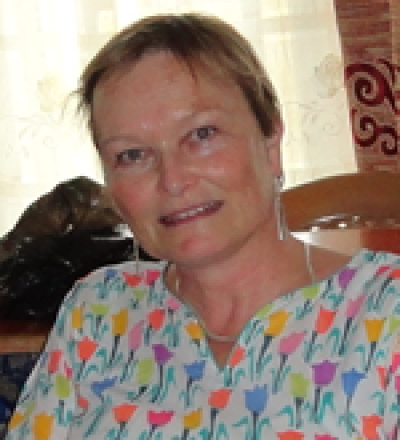
Dr Mary Wickenden is a Senior Research Fellow in Disability and Development at the Institute for Global Health at University College London. She is a medical anthropologist specialising in work on disability/chronic illness and has worked extensively in South Asia (India, Sri Lanka and Bangladesh) as well as in the UK and currently in East Africa . She is particularly interested in people's own perceptions of their health conditions and how these impact on their lives. Exploring this in innovate ways can inform how service providers support people in ways that suit them best. She is also a speech and language therapist and from this background brings an expertise and interest in how different forms of communication ( ie that are not necessarily verbal) are or could be used to enhance understanding between people, for instance between health-carers and patients. There are many situations when verbal communication is neither available nor adequate to express an individual's feelings and reporting of pain is clearly one of these. She has experience in using various visual communication methods to explore peoples' lived experiences in a number of cultural contexts and will bring anthropological theory and insights about the body, it relationship with the mind and with lived experience to the project.
 Close
Close


